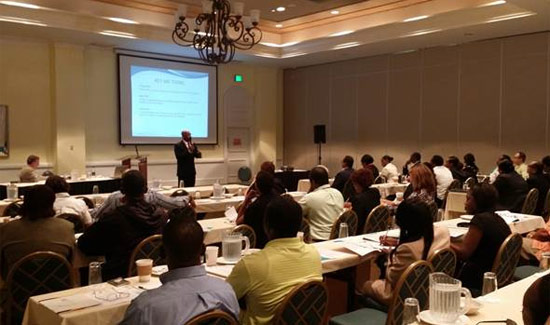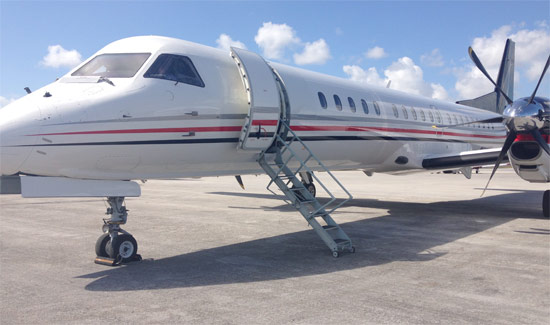
NASSAU, The Bahamas — In a bid to strengthen the country’s position in the Latin American market, several initiatives are being implemented to support service to Latin American travellers.
Included in the initiatives are several campaigns aimed at encouraging hotels and Nassau Airport Development Company (NAD) to provide signage in Spanish; a welcome arrival message; a 15-minute welcome to destination CD for taxi drivers; boosting of the Ministry of Tourism website – partnerships for Spanish courses at the College of The Bahamas; recruiting of a corps of bilingual ambassadors for the People-to-People programme and placement of bilingual roving ambassadors stationed downtown and at the Lynden Pindling International Airport.
Officials at the Ministry of Tourism are currently discussing with a major publisher the publication of a tourism guidebook in Spanish. In addition, the Ministry has already produced four public service announcements (PSAs) in the form of television ads with the objective of pushing the learning of Spanish in the workplace.
The announcement was made on Tuesday, March 15 during a workshop sponsored by the Ministry of Tourism and the Bahamas Hotel Association for stakeholders in the tourism industry. Director General of Tourism, David Johnson, said The Bahamas is ‘poised’ to capitalise from business in the Latin American region.
‘For many decades now, we have known that the desire to travel to our country from South and Central America is quite high and rising,” said Mr. Johnson.
“The means to travel and the language barrier, however, were a hindrance for us, therefore we were unable to capitalise on that demand.”
That recently changed, however, with the recent announcement that COPA Airlines, a leading airline in Latin America, will begin offering non-stop service from Panama to Nassau commencing on June 15.
Mr. Johnson said the Latin American market is a very ‘lucrative” one that was not affected by the recent worldwide recession. He explained that even though Latin American people share many similarities with Bahamians, it is still important to put the necessary investments in place to properly accommodate this market.
“There are still some basic things that we need to be aware of, appreciate when dealing with this market,” said Mr. Johnson.
“That’s why we have to put ourselves in the position to do this right and take advantage of the potential of Latin America.”
By Betty Vedrine
Bahamas Information Services



